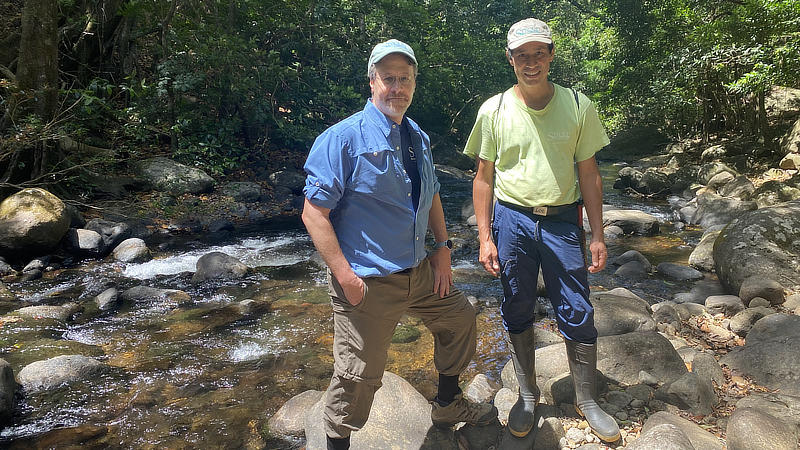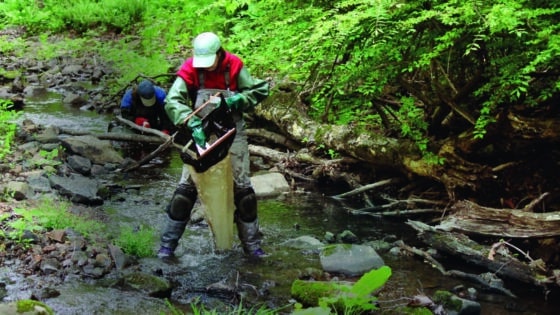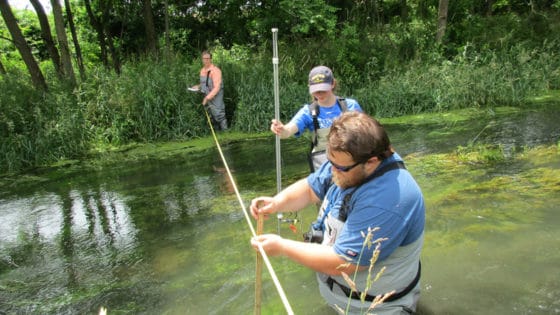
By Marc Peipoch, Ph.D.
Contrary to popular belief, rainfall and temperature vary greatly in the tropics. In Costa Rica, temperature and rainfall vary on relatively small spatial scales in response to topography, elevation, and the presence of Pacific or Caribbean climatic influences.
Arising from around the Orosí Volcano, six streams capture this climatic range within walking distance of each other. The streams are near Maritza Biological Station (Estación Biológica Maritza), the home base for Stroud Water Research Center’s tropical research program, which was established in 1990 with partners at the Guanacaste Dry Forest Conservation Fund and Área de Conservación Guanacaste (part of Costa Rica’s National Park system), leveraging earlier work in the region by the Nature Conservancy. These six streams have been a primary focus of Stroud Center scientists seeking to understand how natural systems respond to rapid changes in climate.
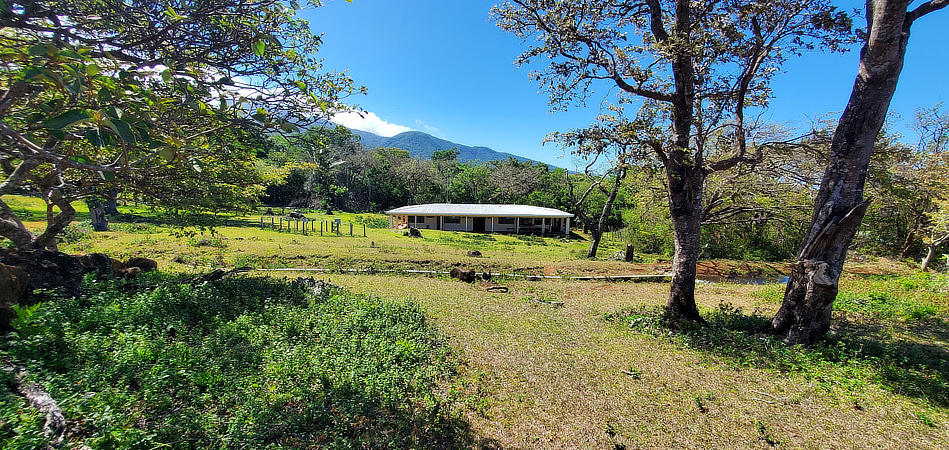
Now, and thanks to decades of baseline data collection and research, Maritza streams are uniquely positioned to showcase how climate change is impacting tropical streams.
Freshwater ecosystems are particularly vulnerable to climate change. The extensive, intricate connections of freshwater streams and their watersheds expose them to focused contaminants, fragmentation, and intense exploitation by humans.
Because climate shifts in high latitudes are expected to be greater than in tropical regions, freshwater ecosystems in the United States are relatively well-studied. By comparison, the effects of climate change on water quantity and quality in tropical streams are poorly understood. Yet tropical ecosystems, which support most of the world’s biodiversity, are some of the most endangered. More research on tropical streams and rivers is critical to understand how these valuable ecosystems can be protected from climate change impacts and other threats.
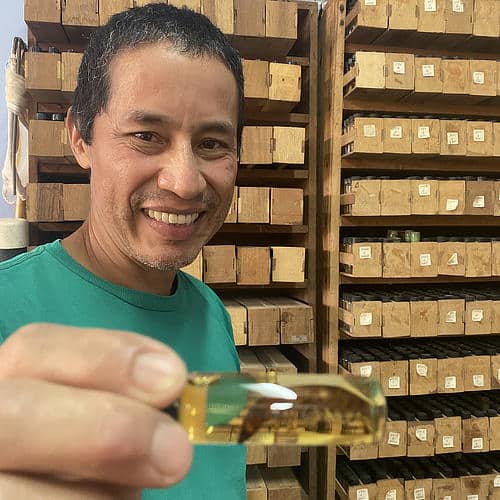
Long-term data for streams monitored near Maritza are some of the most extensive datasets in stream ecosystems from the tropics and provide critical information of stream ecosystems in the wet and dry tropical forests. Temperature, rainfall, and flow in several watersheds have been measured almost daily since the 1990s. Water quality parameters such as nutrients, pH, or alkalinity conductivity have been measured weekly or monthly during several time periods since Maritza became the focus for the Stroud Center’s tropical research programs.
Some of these data suggest that variations in water temperature, flow, and food supply (i.e., leaf litter) among the Maritza streams are related to changes in adult body size and the reproductive potential of tropical mayfly species. These relationships are now valuable assets to predict and mitigate climate change effects on stream ecosystems and their biodiversity.
Stroud Center scientists continue to investigate how climate change influences tropical species and ecosystem dynamics. For example, how will a longer dry season, a symptom of climate change, affect insect body size and reproduction? Or how will climate change alter the amount and nutritional value of leaf litter in the tropical forest and affect stream food webs? These and other unresolved questions are today’s problem, but the solution started long ago in 1989 when Maritza Biological Station became a reality.
